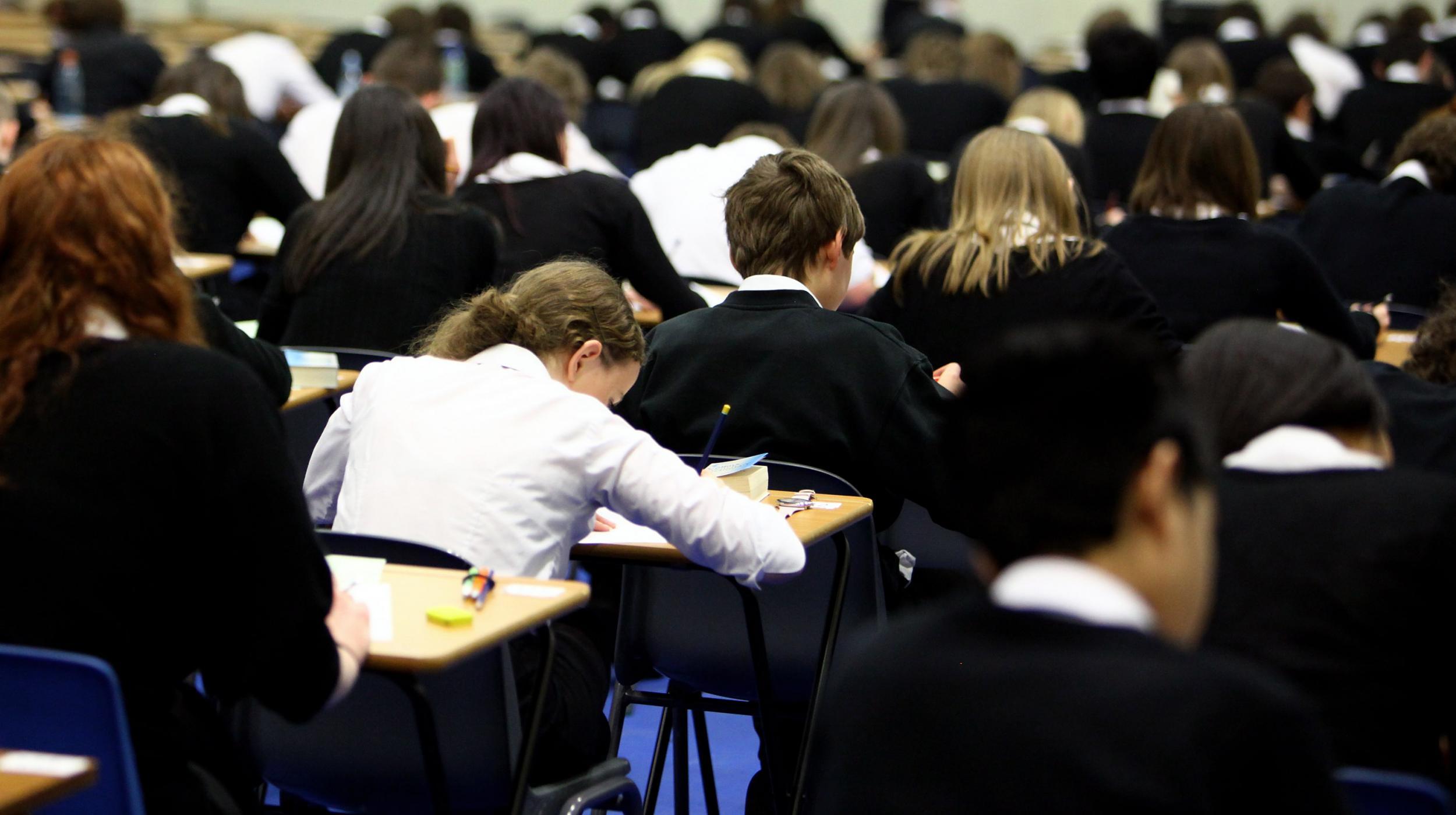Schools who exclude children to boost results should be fined, children’s commissioner for England says
'I will be calling on the Government to set out what measures it will take, including looking at the possibility of financial penalties for schools,' says Anne Longfield

Your support helps us to tell the story
This election is still a dead heat, according to most polls. In a fight with such wafer-thin margins, we need reporters on the ground talking to the people Trump and Harris are courting. Your support allows us to keep sending journalists to the story.
The Independent is trusted by 27 million Americans from across the entire political spectrum every month. Unlike many other quality news outlets, we choose not to lock you out of our reporting and analysis with paywalls. But quality journalism must still be paid for.
Help us keep bring these critical stories to light. Your support makes all the difference.
Schools which remove poorly performing pupils to improve their exam results should be fined, according to the children’s commissioner for England.
Referred to as “off-rolling”, schools are reportedly using informal methods so the student’s departure does not count as an official exclusion.
It is “increasingly clear that some schools are gaming the system by taking children they think won’t get good results off their rolls before they sit their exams,” Anne Longfield told The Observer.
She added: “I will be calling on the Government to set out what measures it will take, including looking at the possibility of financial penalties for schools, to ensure this practice stops now and does not become an acceptable part of the school system.”
Children with special educational needs and disabilities (Send) are believed to be most at risk from the practice, she said.
Richard Oldershaw, a senior legal consultant with the Child Law Advice Service (CLAS), told The Guardian that in more than 1,000 recent calls relating to exclusions from primary schools, “the adviser concluded that the school may have acted unlawfully”.
Statistics from the Department for Education (DfE) showed that the rate of exclusions has remained steady since 2010.
But Mr Oldershaw said: “Evidence from CLAS suggests the number of children excluded from schools is likely to be significantly higher than this figure, as unofficial or unlawful exclusions by schools are not recorded in government data.”
Research from think tank Education Datalab revealed 125 schools would see GCSE pass rates plummet by at least five percentage points if they included results of students who had left prematurely.
Published last year, the statistics focused on a group of 20,000 children who left secondary school early, with only 6 per cent achieving five GCSEs or more.
A spokesman for the DfE confirmed that an independent review of exclusions was going ahead.
“We will be launching an externally led review aimed at improving practice in exclusions through sharing best practice nationwide, focusing on the experiences of those groups who are disproportionately likely to be excluded,” they added.
Subscribe to Independent Premium to bookmark this article
Want to bookmark your favourite articles and stories to read or reference later? Start your Independent Premium subscription today.
Join our commenting forum
Join thought-provoking conversations, follow other Independent readers and see their replies
Comments